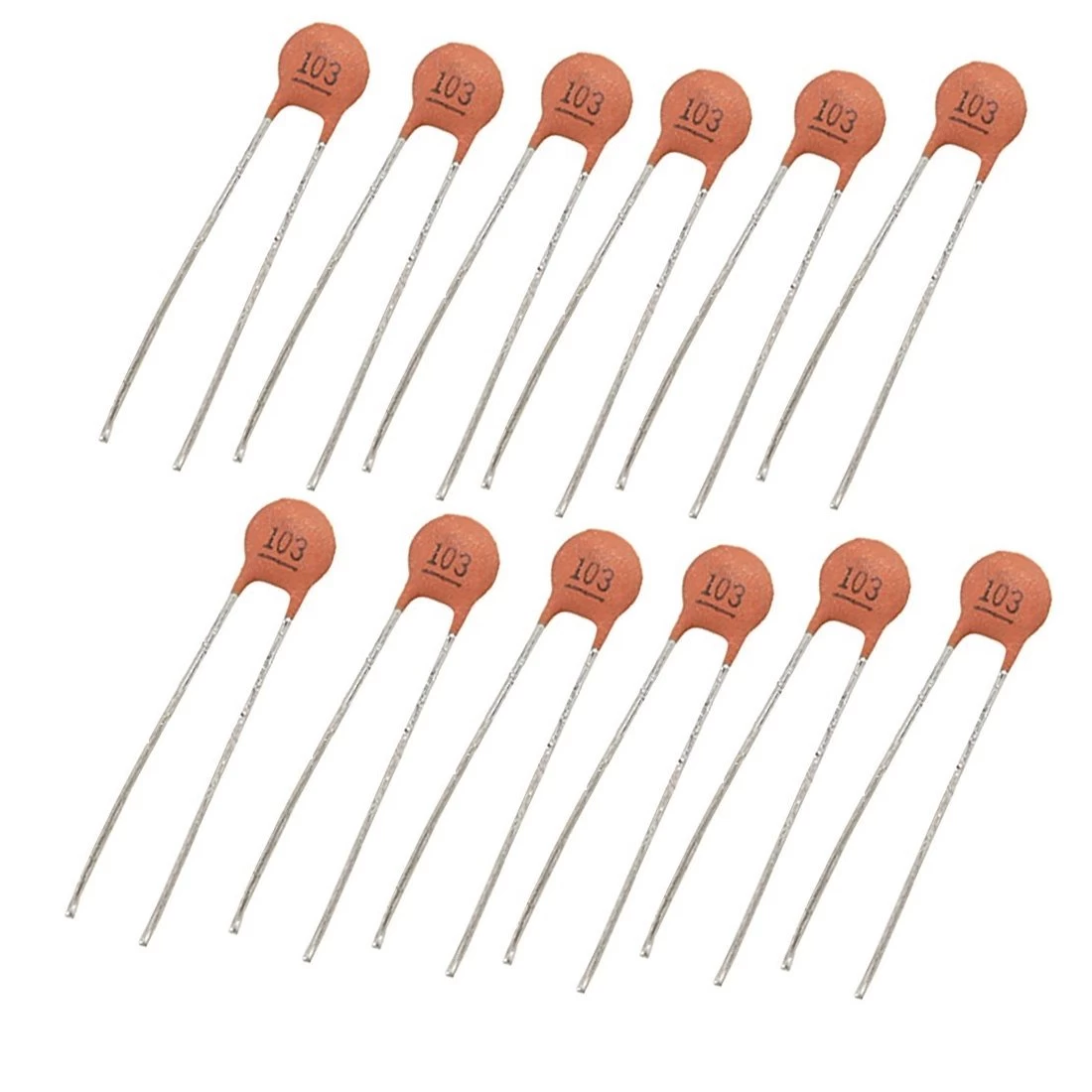
The Role of Capacitors in Maintaining Voltage Stability: Unveiling the Secrets
In the realm of electrical engineering, capacitors play a crucial role in various applications. One of their primary functions is to maintain voltage stability. But how exactly do capacitors achieve this feat? In this blog post, we will delve into the intricate workings of capacitors and explore the mechanisms behind their ability to keep voltage constant. By understanding the underlying principles, we can harness the full potential of capacitors in our electronic designs.
- Capacitor Basics:
Before we dive into the specifics, let's establish a foundational understanding of capacitors. A capacitor is an electronic component that stores and releases electrical energy. It consists of two conductive plates separated by an insulating material, known as a dielectric. When a voltage is applied across the plates, the capacitor stores energy in the electric field between them. - Reactance and Impedance:
To comprehend how capacitors maintain voltage stability, we must first grasp the concepts of reactance and impedance. Reactance refers to the opposition capacitors present to alternating current (AC) flow. It depends on the frequency of the AC signal and the capacitance value. Impedance, on the other hand, encompasses both reactance and resistance, providing a comprehensive measure of the opposition to current flow. - Filtering and Smoothing:
Capacitors find extensive use in power supply circuits to filter out unwanted noise and fluctuations. By connecting capacitors in parallel with the power source, they act as reservoirs of charge, smoothing out voltage variations. When the supply voltage drops, the capacitor discharges, compensating for the decrease and maintaining a relatively constant voltage output. - Time Constants and Charging/Discharging:
Capacitors exhibit a characteristic time constant that determines the rate at which they charge and discharge. The time constant depends on the capacitance value and the resistance in the circuit. By carefully selecting these parameters, engineers can design circuits that respond quickly to voltage changes or provide long-term voltage stability. - Voltage Regulation:
In certain applications, such as voltage regulators, capacitors play a vital role in maintaining a steady output voltage. By strategically placing capacitors in parallel with voltage regulators, they absorb transient voltage spikes and provide additional current when needed. This ensures a constant and reliable voltage supply, safeguarding sensitive electronic components. - Energy Storage and Backup:
Capacitors also serve as energy storage devices, particularly in applications where a temporary backup power source is required. They can store a significant amount of energy and release it rapidly when the primary power source fails. This capability is crucial in critical systems like uninterruptible power supplies (UPS) and electric vehicles, ensuring uninterrupted operation during power outages.
Conclusion:
Capacitors are not mere passive components; they are indispensable for maintaining voltage stability in various electronic systems. By understanding their fundamental principles, we can leverage capacitors to filter, smooth, regulate, and store electrical energy effectively. Whether it's in power supplies, voltage regulators, or backup systems, capacitors play a pivotal role in ensuring the reliable operation of modern electronics.


Average Rating